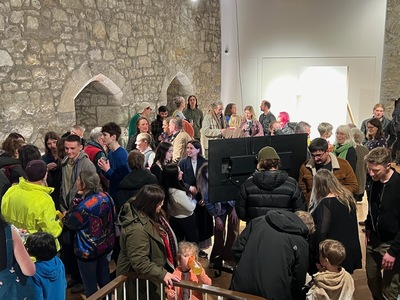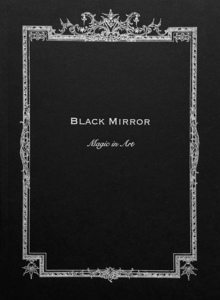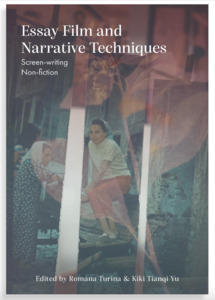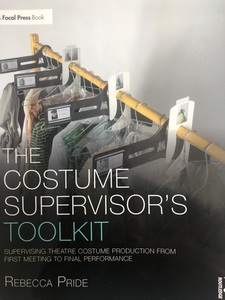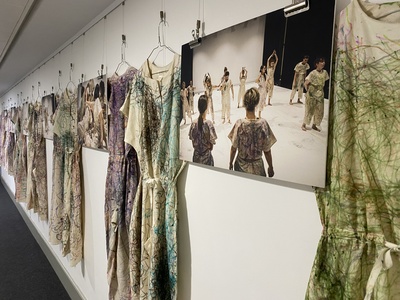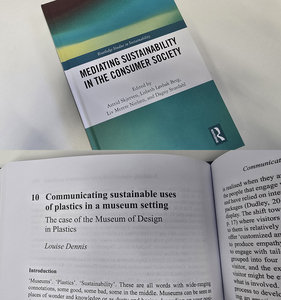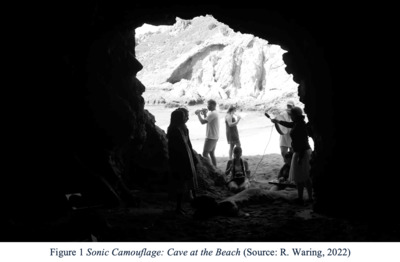Abstract
This article discusses the challenges that dyslexic acting degree students can experience when engaging with classical text, offering a pedagogical strategy that facilitates the reading, and acting of Shakespeare. Calling attention to restrictions that dyslexic acting students can experience, the author considers how these difficulties might be overcome. It is re-iterated throughout the literature that those with dyslexia have problems with decoding, word recognition, working-memory and automatisation of skills. Shakespeare’s writing contributes additional challenges with idiosyncrasies of word-use. Describing her action-research trials with dyslexic acting students, the author shares her development of a teaching method, which supports identification of meaning and hierarchy within the text, interlinked with an appropriation of physical practice drawn from Brecht and Stanislavski. The final action-research cycle drew from Kintsch and Rawson’s Text-Base (2005) to enable a comprehension and memory of the text, underpinned by the Lexical Retrieval hypothesis (Krauss et al., 2000). The strategy was trialled in a performance of Shakespeare’s Venus and Adonis with dyslexic acting students. The participants’ modes of processing the text were encouraged as components of performance. Feedback supported the view that this method is effective in assisting dyslexic individuals in realisation of words, self-efficacy and enriched performance.
 |



 Lists
Lists Lists
Lists

![Figure 1.jpg [thumbnail of Figure 1.jpg]](https://research.aub.ac.uk/133/1.haslightboxThumbnailVersion/Figure%201.jpg)
![Figure 3.jpg [thumbnail of Figure 3.jpg]](https://research.aub.ac.uk/133/2.haslightboxThumbnailVersion/Figure%203.jpg)

